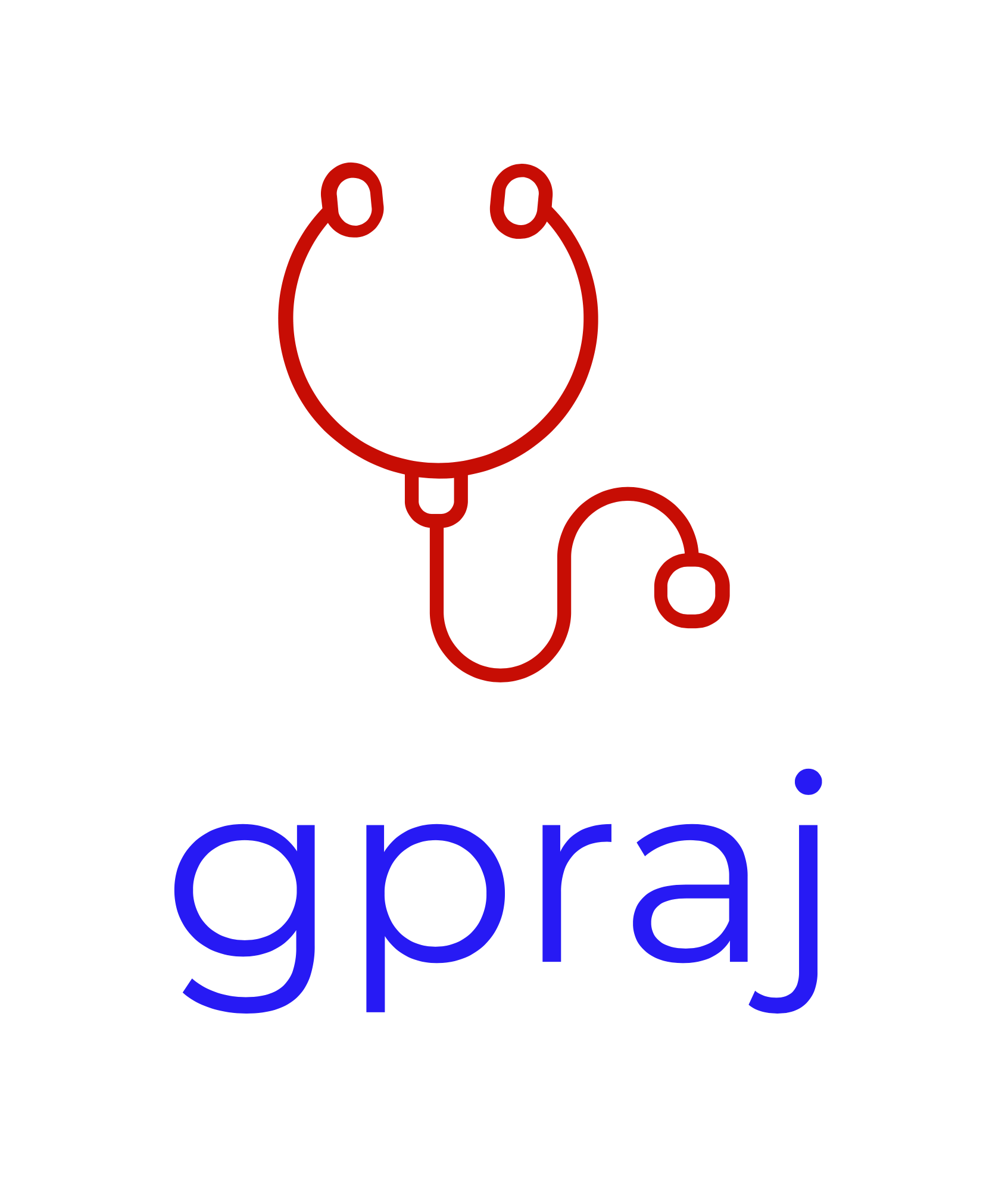Management of patients who refuse treatment (England & Wales)
Principles
Patients are entitled to make decisions that clinicians believe to be unwise.
However, if their decision making capacity is impaired then an intervention may be justified if its health benefit is considered to over-ride the patient’s wish of an alternative treatment or treatment refusal. In such cases, management is based upon the careful consideration of three legal frameworks:
Common Law (Doctrine of Necessity)
Used to treat patients in emergencies (life-threatening), when there is insufficient time to complete MCA/MHA assessment process.Mental Capacity Act (MCA 2005)
Used to treat patients experiencing a disorder of mind and brain functioning that is impairing decision making and are assessed to lack capacity.Mental Health Act (MHA 1983)
Only used to assess and treat patients with a mental illness AND the mental illness is compromising the patient’s health or safety, or the safety of others.
What constitutes impairment of decision making?
This concept is two-fold:
There is a disorder that impairs mind and brain functioning; impairment maybe temporary or permanent. Examples include: mental illness (such as psychosis), intellectual disability and delirium due to sepsis or substance misuse.
Functional test of capacity is impaired i.e. the patient is unable to understand, retain, weigh or communicate the decision.
When should you respect patient autonomy?
The patient’s autonomy must be respected if ALL of the following criteria are satisfied:
The situation is not life-threatening (hence unable to invoke Common Law)
Decision making capacity is preserved, despite experiencing a disorder of mind and brain functioning (hence unable to invoke MCA)
There is no compromise the patient’s health or safety (or safety of others), despite experiencing a mental illness (hence unable to invoke MHA)
Algorithm for patients who refuse treatment
Patient has refused treatment
patient requires emergency or life-saving intervention required
Only used in emergency or life-threatening situations.
Able to undertake treatment for any disorder (physical or mental) under Common Law to prevent harm to the patient or harm to others.
Concurrent processes of MCA or MHA should be commenced, as their completion will determine next best legal approach once the emergency situation has resolved.
Common Law permits the use of necessary and proportionate restraint.
Patient primarily has a physical illness: apply MCA
Identify the condition causing the disturbance in mind and brain functioning.
Undertake capacity test for a specific treatment decision and identify which component from the capacity test (understand, retain, weigh or communicating) is lacking.
Ensure all measures have been taken to optimise decision making ability. This includes treatment of any causal or consequent physical illness or re-assessing at a later time if capacity is likely to be restored. The latter description is applicable to the fluctuating states of consciousness evident in delirium.
Thereby, confirm the patient is non-capacitous for a specific treatment decision.
Implement mental and/or physical treatment that is in the patient’s best interests and justify why a particular treatment is in the patient’s best interests.
Implement mental and/or physical treatment that is the least restrictive option.
MCA can only be used to protect that patient, for patients over age of 16 years, and permits the use of proportionate restraint to prevent harm to the patient.
Patient primarily has a mental illness: apply MHA
Identify the mental illness (disorder or disability of the mind)
Identify to what extent the mental illness is compromising the patient’s health and/or the safety of others.
Hence, conclude that the patient’s mental illness is of such nature and severity that the patient requires compulsory assessment or treatment in hospital.
Treatment of the mental disorder is permitted, as well as any specific physical condition(s) that is causal or consequent to the mental disorder.
Involuntary detention in hospital is achieved by applying the correct Section of the MHA:
If inpatient, apply Section 5(2) ‘holding power’.
Police may apply Section 136 to keep patient in A&E or S136 Suite in a Psychiatric Hospital.
Assessment for Section 2 or 3 of the MHA requires a psychiatrist, approved mental health professional (AMHP) and second approved doctor.
What are the five key principles of the MCA?
A presumption of capacity
All practicable steps have been taken to assist the patient to make their own decision.
The right to make an unwise decision.
Best interests decision
Less restrictive intervention
